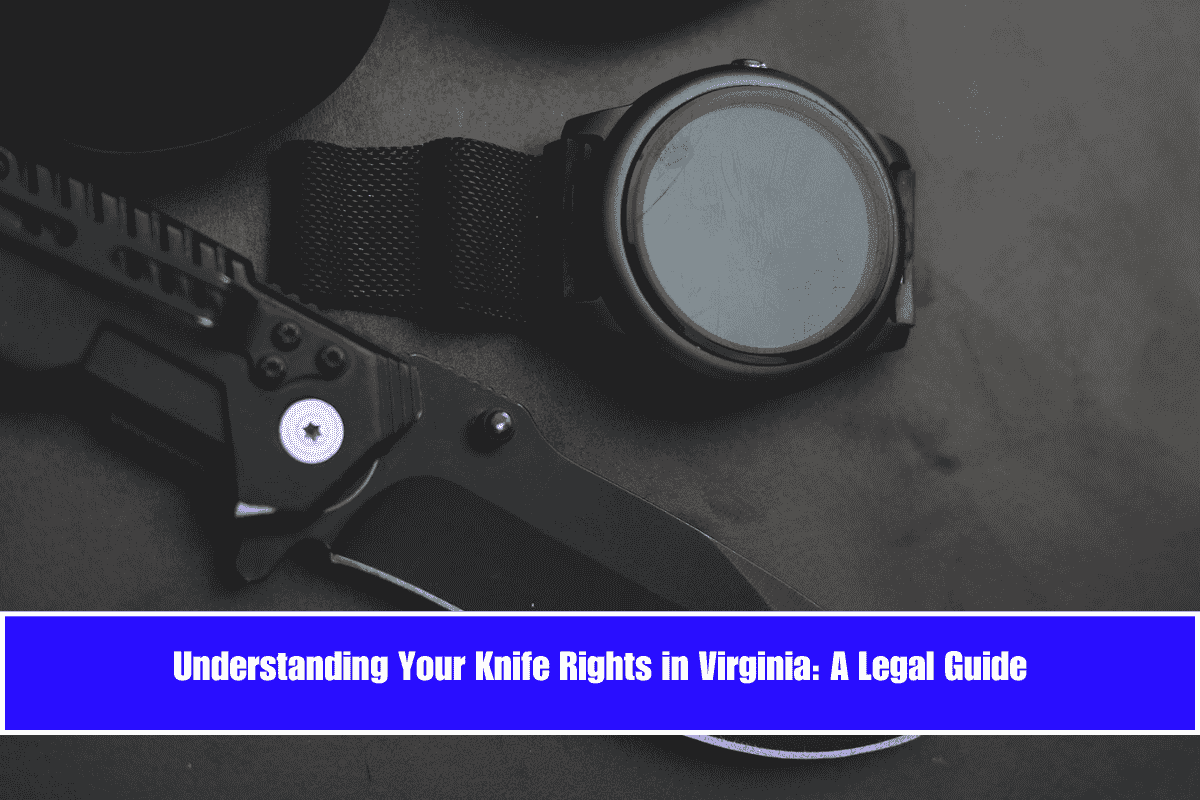Dash cams are legal in Washington State, but their usage is subject to specific regulations regarding placement, recording, and privacy. Understanding these rules is essential for drivers to ensure compliance and avoid legal issues.
Mounting Regulations
Washington law prohibits mounting dash cams on the windshield because it can obstruct the driver’s view of the road. Instead, dash cams must be installed in a location that does not impede visibility, such as on the dashboard or behind the rearview mirror. The Revised Code of Washington (RCW) § 46.37.410 explicitly states that non-transparent materials, including dash cams, cannot block the windshield or hinder the driver’s clear view.
To comply with these rules:
- Dash cams can occupy no more than a five-inch square on the driver’s side or a seven-inch square on the passenger’s side.
- Proper placement ensures safety while adhering to legal requirements.
Audio Recording Laws
Washington is an all-party consent state under RCW § 9.73.030. This means that recording audio inside a vehicle requires the consent of all individuals being recorded. If your dash cam has audio recording capabilities, you must inform passengers that their conversations are being recorded. Failure to obtain consent can result in fines or lawsuits for violating privacy laws.
Best practices for compliance include:
- Informing passengers verbally or using visible signs that state “Audio and Video Recording in Progress”.
- Disabling audio recording if obtaining consent is impractical.
Legal Use of Dash Cam Footage
Dash cam footage is admissible in court if it complies with state laws. Video recordings can provide valuable evidence in accident claims by documenting events such as collisions, traffic violations, or other incidents. However, footage obtained illegally—such as recordings made without proper audio consent—may be inadmissible and could lead to legal consequences.
To maximize the utility of dash cam footage:
- Ensure recordings are clear and unaltered.
- Maintain detailed records of incidents, including date, time, and location.
- Store data securely to prevent unauthorized access.
Privacy Considerations
While dash cams are not considered an invasion of privacy when used in public spaces, capturing footage on private property or recording conversations without consent can lead to legal complications. Drivers should respect privacy boundaries and avoid using dash cams for covert surveillance.
Benefits of Dash Cams
Dash cams offer several advantages:
- Accident documentation: Provides irrefutable evidence in disputes or insurance claims.
- Driver protection: Captures interactions with law enforcement or other drivers.
- Safety monitoring: Discourages reckless driving and encourages adherence to traffic laws.
Dash cams are a valuable tool for enhancing road safety and documenting incidents in Washington State. However, drivers must comply with mounting regulations and privacy laws to use them legally. By understanding placement rules, obtaining consent for audio recording, and managing footage responsibly, drivers can leverage dash cams effectively while avoiding legal pitfalls.
SOURCES:-
[1] https://matrackinc.com/dash-cam-laws-by-states/
[2] https://www.reddit.com/r/Seattle/comments/28qqlg/dash_camera_are_they_legal_for_private_citizens/
[3] https://www.colburnlaw.com/washington-state-dash-cam-laws/
[4] https://70mai.store/blogs/news/is-it-legal-to-record-audio-and-video-with-a-dash-cam
[5] https://www.nwinjurylawcenter.com/how-can-dashcam-footage-be-used-in-a-car-accident-claim/
![[1] https://matrackinc.com/dash-cam-laws-by-states/ [2] https://www.reddit.com/r/Seattle/comments/28qqlg/dash_camera_are_they_legal_for_private_citizens/ [3] https://www.colburnlaw.com/washington-state-dash-cam-laws/ [4] https://70mai.store/blogs/news/is-it-legal-to-record-audio-and-video-with-a-dash-cam [5] https://www.nwinjurylawcenter.com/how-can-dashcam-footage-be-used-in-a-car-accident-claim/](https://www.pickawaycultivator.com/wp-content/uploads/2025/04/Understanding-Dash-Cam-Regulations-in-Washington-.png)













